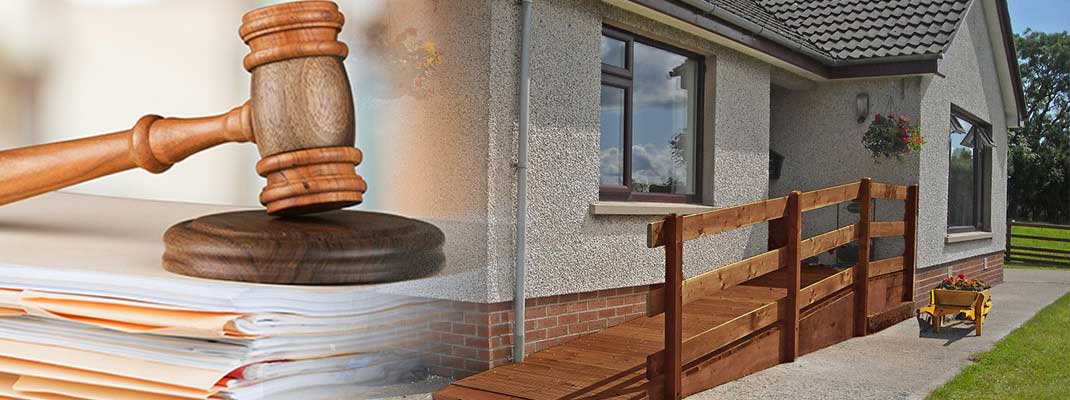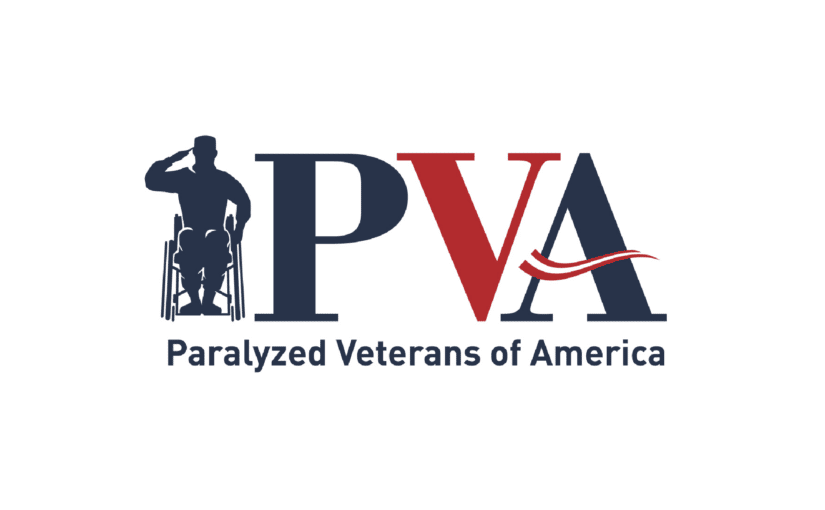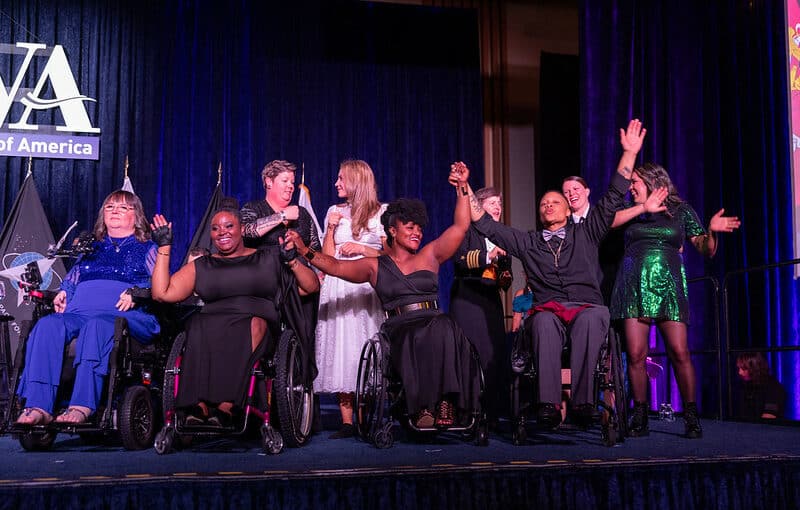
Paralyzed Veterans of America Applauds Passage of Specially Adaptive Housing Improvement Legislation, H.R. 3504, and Calls President Trump to Quickly Sign it into Law
Post Date: July 21, 2020WASHINGTON (July 21, 2020) — Paralyzed Veterans of America applauds final passage of specially adaptive housing improvement legislation, H.R. 3504, as amended. This legislation ensures that catastrophically disabled veterans can more easily make needed accessibility modifications to their homes.
“If we have learned anything during this pandemic, it is that veterans with catastrophic injuries and diseases need a safe place to shelter in to ride out the pandemic as well as when the boomerang of the virus returns this fall,” said Carl Blake, executive director of Paralyzed Veterans of America. “We applaud original bill sponsors Senate Veterans’ Affairs Committee Chairman Jerry Moran (R-KS), Senator Kyrsten Sinema (D-AZ), Representative Gus Bilirakis (R-FL), Representative Mike Levin (D-CA), and House Veterans’ Affairs Committee Ranking Member Phil Roe (R-TN) for their persistent leadership to advance the most significant improvement to the specially adaptive housing program in many years.”
The Ryan Kules and Paul Benne Specially Adaptive Housing Improvement Act (H.R. 3504, as amended) would increase the current amount of the Specially Adaptive Housing grant to better match the cost of construction, establish a supplementary grant for veterans who need it, and allow veterans more opportunities to draw from the grant funds to accommodate moving and life changes.
“Like all of us, housing needs change over time, based on a variety of circumstances. Veterans should not have to limit themselves from moving into a different residence due to not being able to afford to make the necessary modifications or having to shoulder the burden of paying for the modifications themselves,” said Blake. “It’s hard to imagine President Trump not signing the legislation that would assist catastrophically injured veterans who fought in Vietnam, Iraq, Afghanistan and other conflicts in having accessible homes.”



